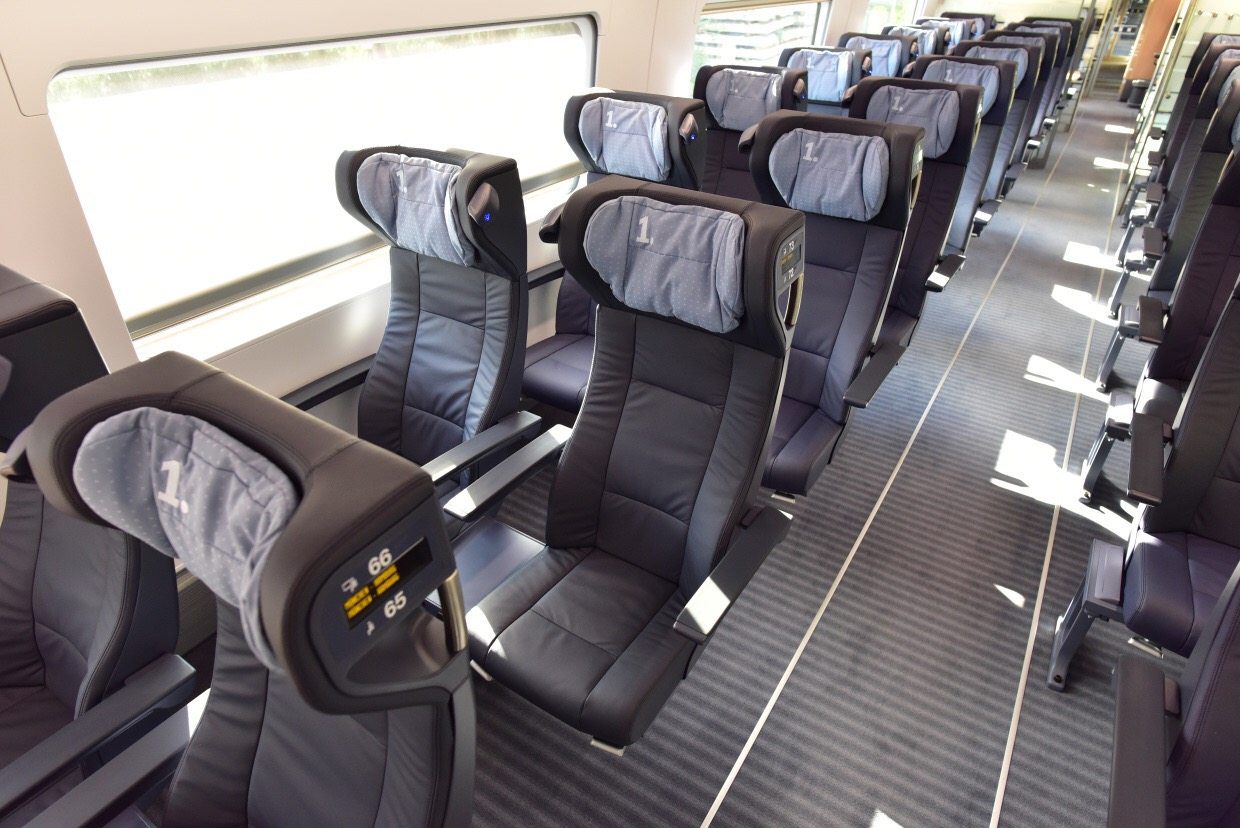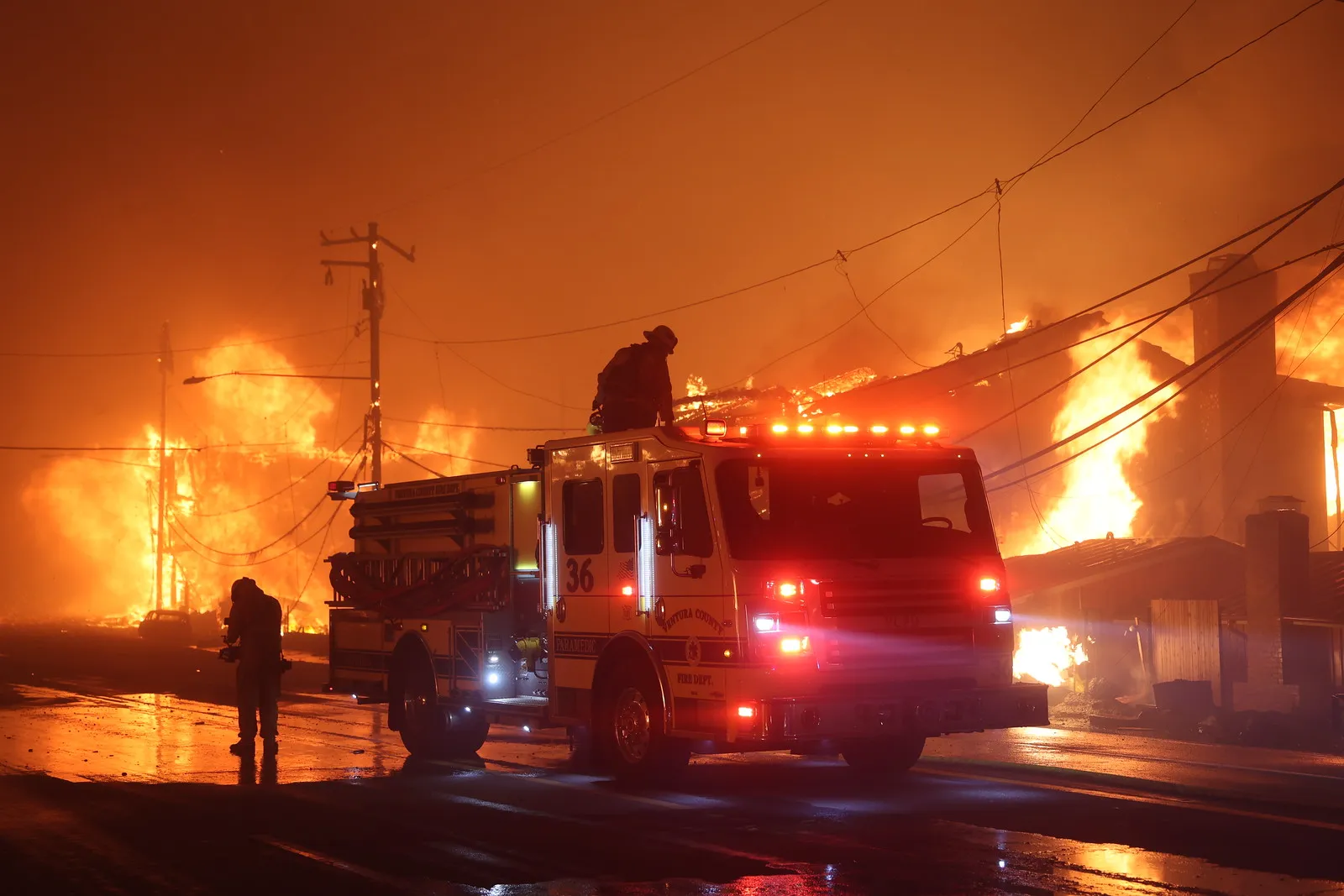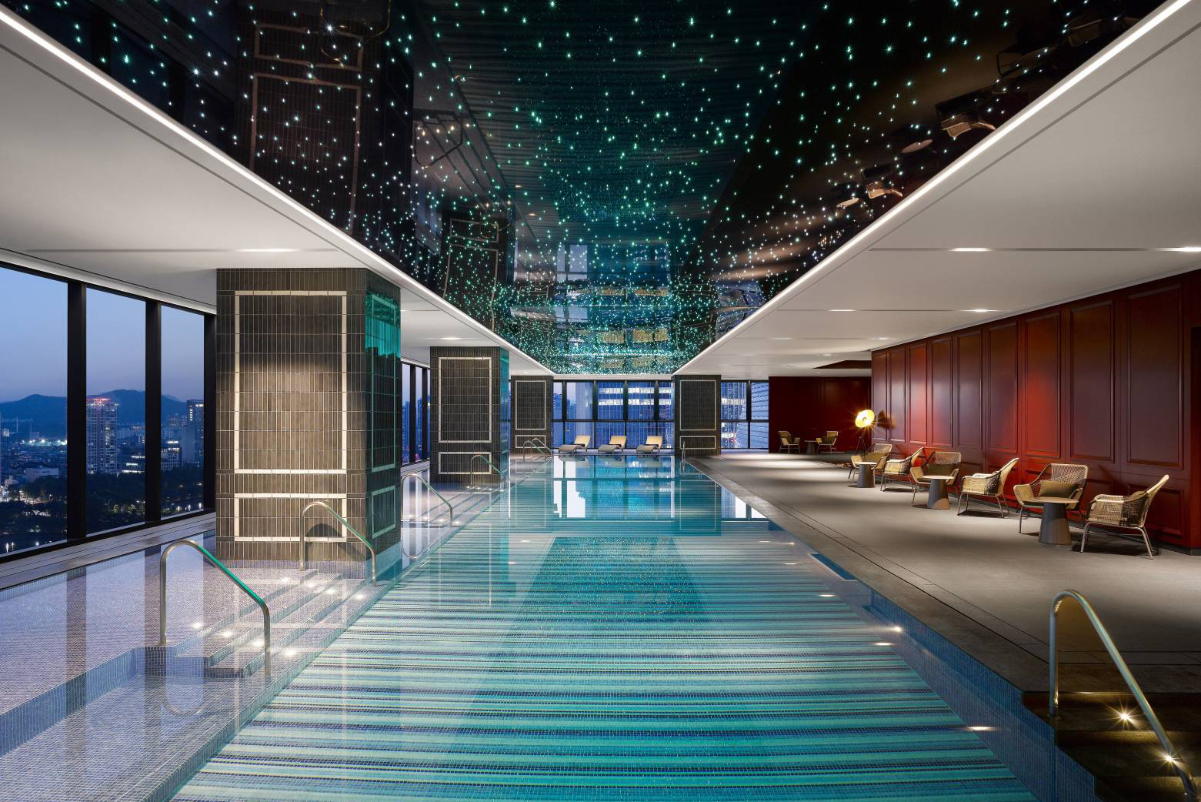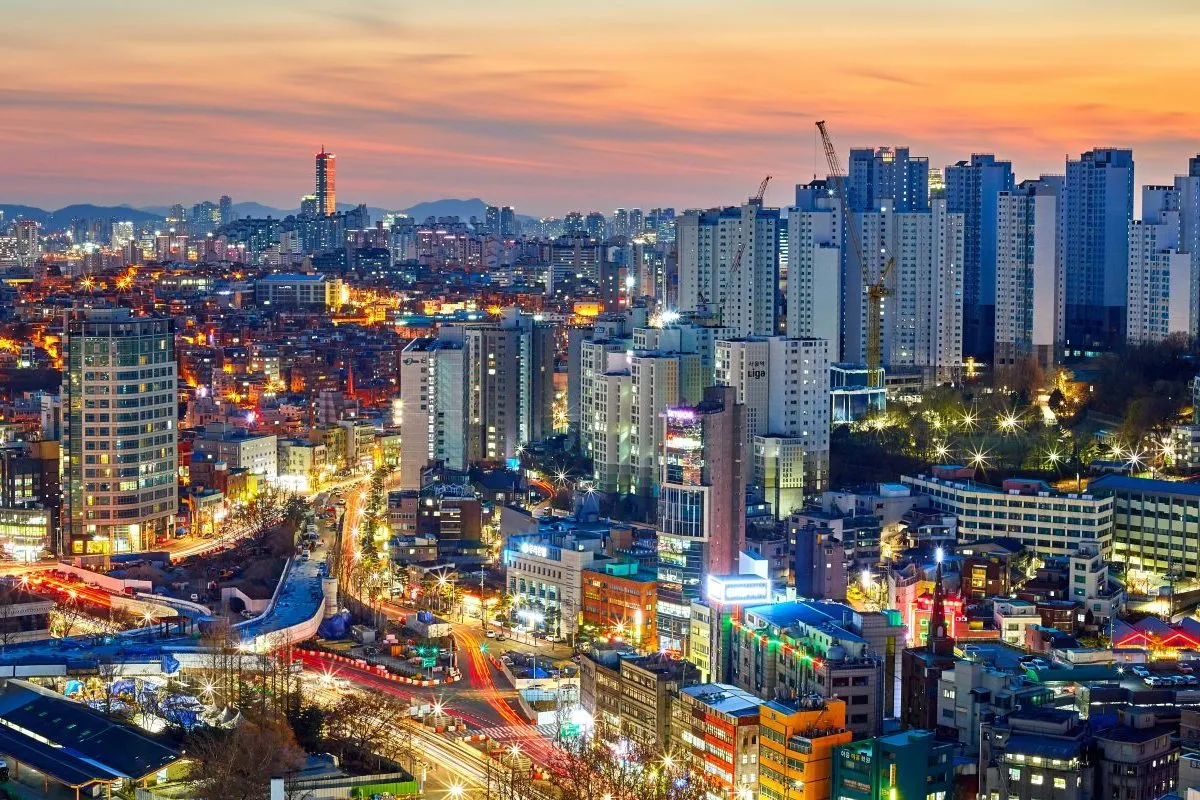Monocle Founder on Design Inspiration and What's Missing From Today's Travel Ecosystem

Skift Take
 Colin Nagy, head of strategy at Fred & Farid, a global advertising agency, writes this opinion column for Skift on hospitality, innovation, and business travel. “On Experience” dissects customer-centric experiences and innovation across hospitality, aviation, and beyond.
Colin Nagy, head of strategy at Fred & Farid, a global advertising agency, writes this opinion column for Skift on hospitality, innovation, and business travel. “On Experience” dissects customer-centric experiences and innovation across hospitality, aviation, and beyond.
Skift recently caught up with Monocle and Winkreative’s Tyler Brûlé for a deep dive on the recent rebranding of Air Canada.
We covered a lot of ground in the conversation on the state of design, identity, hospitality brands, and the entire travel ecosystem, which merited a follow up with some insights from the notepad.
Skift: What are your most iconic airline or travel visual identities over the years?
Tyler Brûlé: The enduring work of [German graphic designer and typographer] Otl Aicher. You can’t beat the Lars Muller published book of Lufthansa’s graphic standards. I’m also inspired by the golden era of Swiss Air, with the chocolate brown bellies, and where chocolate ran through the overall identity. The old [Cruiseliner and shipping company] Hapag Lloyd’s visual brand identity. Elsewhere, the old Canadian Pacific orange 747 with metallic exposed components, and names like the “Empress of Japan, the Empress of Australia, etc.”
Skift: Supposed you’ve exhausted your reading materials on a long flight. What is missing from the in-flight entertainment experience?
Brûlé: Proper programming that just washes over you. Three hours of just great, edited programming with a range of things that will make you laugh, make you smarter and offer up opportunities. An airliner is a perfect setting for this. I also think a mini-kiosk at door two of a 777 belonging to a sharp carrier would also be brilliant. 25 novels to read, 25 magazines to own.
What is missing for you in the entire travel ecosystem right now?
Brûlé: Smarter passengers. People need to look up, pay attention and get out of their bubbles in public settings. You have a duty to switch on when you’re in a security queue or boarding an aircraft.
Skift: What are the 3–5 best hospitality experiences you've had in past year?
Brûlé: The simplicity of seat service on Deutsche Bahn and Trenitalia. Swiss’s outdoor terrace at ZRH before a long flight. The rare roast beef, roast potatoes, and remoulade sauce at the Vier Jahreszeiten in Hamburg after a long journey recently. Buying $500 of magazines at Athenaeum Newsstand in Amsterdam.
Skift: What else does Wink want to get their hands on design wise?
Brûlé: We’d love to get our hands on a cruise liner. Nothing big, probably no bigger than 400 passengers. We’d also like to be involved with a hotel from start to finish; we’ve done hotel projects before but nothing end-to-end.





